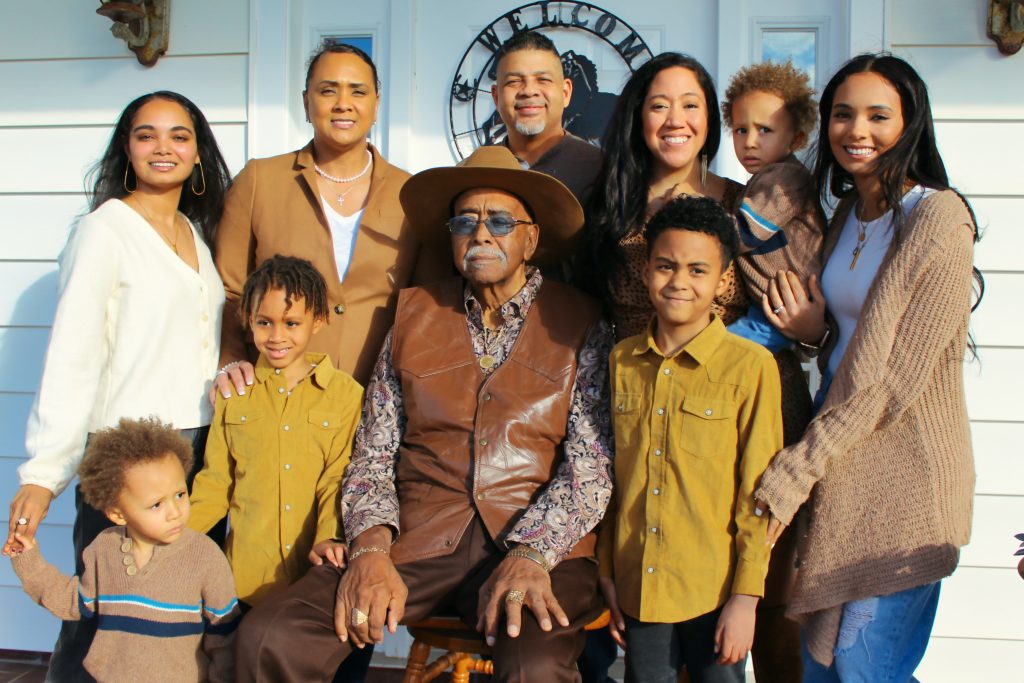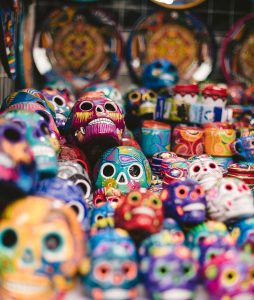Hispanic Culture
The Hispanic and Latino community make up 13% of Idaho’s population. According to the 2020 census, that is a 1.5% increase from 2010. “Hispanic or Latino” refers to a person of Cuban, Mexican, Puerto Rican, South or Central American, or other Spanish culture or origin regardless of race. People who provide support to these communities that take the time to learn and understand the cultural norms within this community will have a greater impact than someone who doesn’t. Some of the values that the Hispanic community holds close are family, spirituality, and heritage.
Family

The Hispanic community holds family in the highest regard. You do everything with, and for, the family unit. This includes extended family members, aunts and uncles, cousins, and grandparents. It is essential to mention that the Hispanic family views the father as the head of the household while the mother focuses on caring for the home and the children. These familiar roles remain, to this day, an important part of
Hispanic culture and these traditional values keep the family unit together and strong. Often, the Hispanic family comes together to support one another emotionally and financially. It is not uncommon for members of the family to pool their resources together for the greater good of the family. This includes taking care of the ill and elderly members.
Spirituality
Spirituality is more than just a religious belief, it is the way that individual carries themselves, makes life decisions, and how family structures are built. Traditionally, the Hispanic community practices Roman Catholicism; however, in recent years there has been a transition to Protestant or being unaffiliated with a specific religion. Spirituality is a way for this community, and others, to bond and connect with one another. It teaches them to walk together, regardless of the challenges they face. They will also use their spirituality to make decisions on medical treatments.

Heritage

One of the favorite past times for the hispanic community is to pass on traditions and talk about their family history. The Elders find such joy in teaching their grandchildren about the hispanic culture. This includes the Spanish language, teaching them the cultural norms, and where their ancestors came from.
Hispanic elders are disproportionately at risk of elder abuse
The elder Hispanic community is at higher risk of elder abuse due to a variety of reasons which include:
Language barriers may make it difficult for an elder Hispanic to receive services. The Spanish-speaking elder may not understand what the healthcare provider is prescribing them. Also, if a Spanish-speaking elderly individual is in the hospital, they may struggle to express their needs to the hospital staff who do not speak Spanish.
Familism or the belief that the need of the family unit supersedes the need of the individual family member. An elder family member may avoid seeking help or reporting mistreatment to avoid upsetting the rest of the family.
Hispanics or Latinos prefer to receive in-home care and rely on family caregivers. This may lead to loss of financial resources, limited insurance, and isolation.
Machismo or the gender roles within the family may affect reporting of elder abuse. For instance, if a male elder, who was expected to be the head of the house, is being mistreated or abused, he will hesitate to reveal that he is being abused for fear of losing his macho identity.
Many Hispanic or Latino elders will not report mistreatment due to the family’s preference to seek resolution on their own terms. There is also a fear of reporting leading to the incarceration of the abuser. If the abuser is a member of the family, reporting them would not be considered looking out for the family. Instead, the elder individual would be looking out for themselves.

